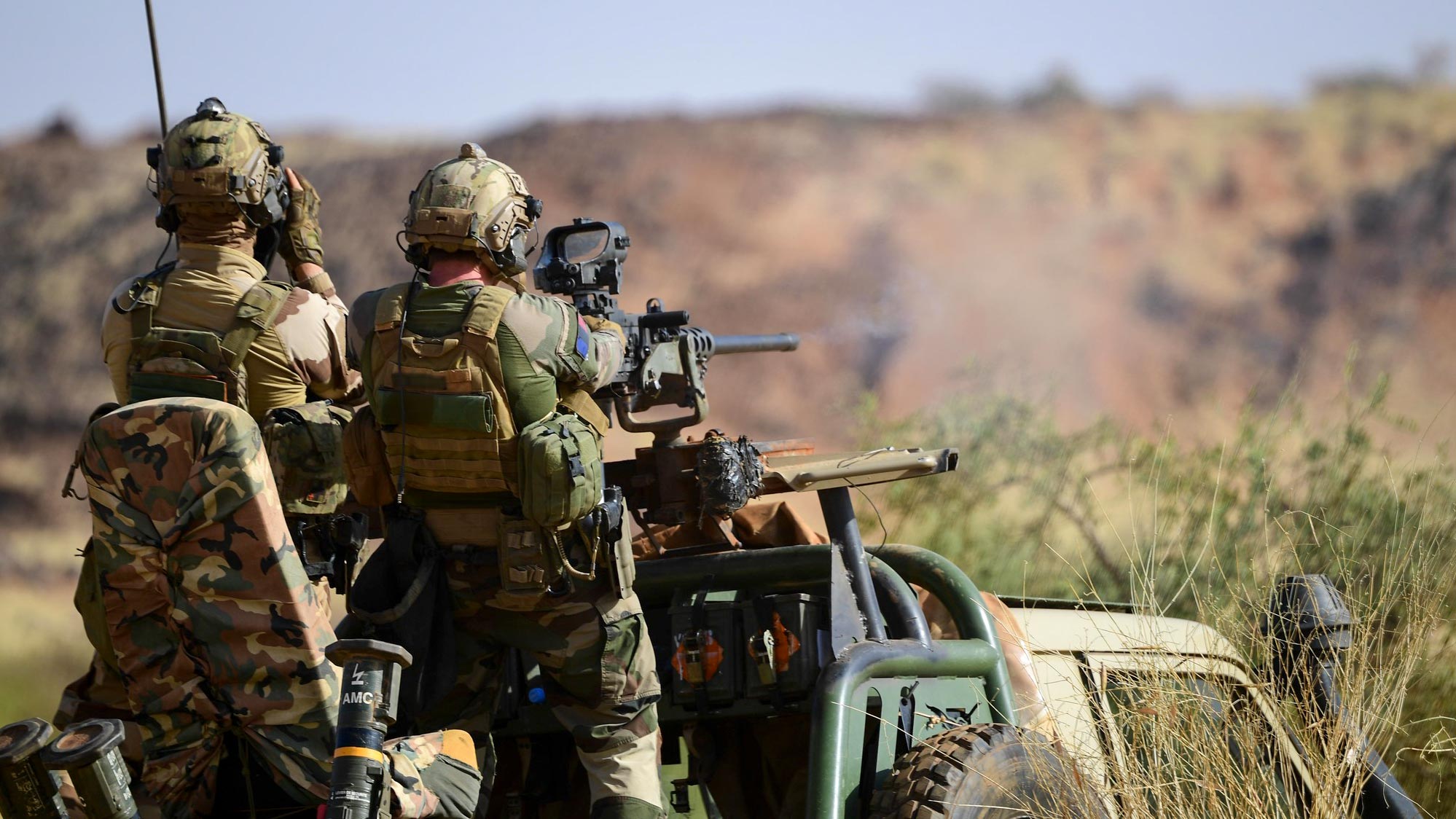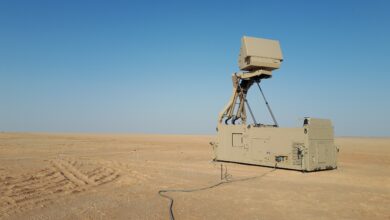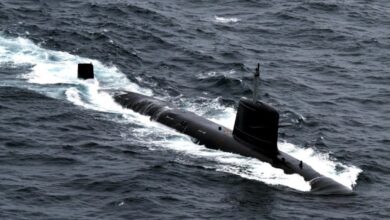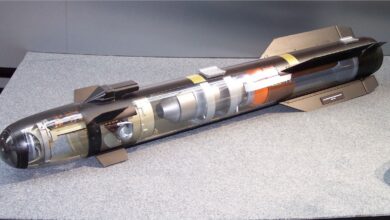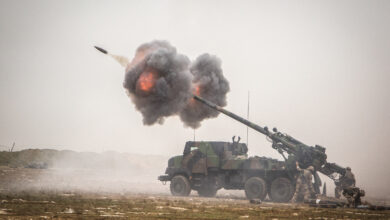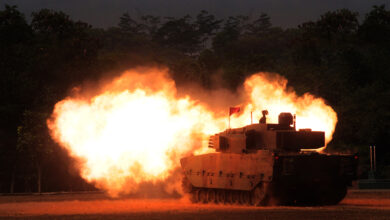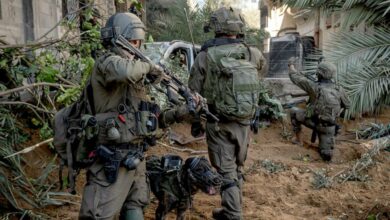French troops in Mali last month killed Ali Maychou, a senior figure in the al-Qaeda-linked Group to Support Islam and Muslims (JNIM), Armed Forces Minister Florence Parly said on Tuesday, November 5.
He was “the second most-wanted terrorist in the Sahel, including by the Americans,” after JNIM leader Iyad Ag Ghaly.
The majority of insurgent attacks in Africa’s Sahel region are attributed to JNIM, which formed in March 2017 from a merger of several smaller groups including the Sahara branch of al-Qaeda in the Islamic Maghreb, Ansar Dine and Al-Mourabitoun. JNIM’s leadership has pledged allegiance to al-Qaeda leader Ayman al-Zawahiri.
“It’s very important to profoundly disorganize these movements but that doesn’t mean that these movements will self-destruct,” Parly told AFP aboard a government plane as she returned from a whistle-stop trip to the region that included meetings in Chad, Burkina Faso and Mali.
Ali Maychou was killed during the night of October 8 with the help of Malian troops and U.S. support, Parly said.
A Moroccan, he joined AQIM in 2012 before co-founding JNIM with Iyad Ag Ghaly and masterminding its expansion in the Sahel.
The U.S. added Ali Maychou to its Specially Designated Global Terrorist list in July, alongside Bah Ag Moussa, noting that he had claimed responsibility for a number of JNIM attacks and “had a role in operational activities of JNIM.”
According to the U.S. designation, Ali Maychou was born in Taza in 1983, and is known by multiple names, including Abderrahmane al-Maghribi and Abu Abderrahmane al-Sanhaji.
Ali Maychou was added to the United Nations al-Qaeda-related sanctions list in August. The U.N. describes him as “main media personality of AQIM in the Sahel” and says that he led a network that recruited and sent Moroccan fighters to northern Mali via Libya. He traveled to Timbuktu in 2012 and later “worked to establish contacts between AQIM and Libyan radical groups.”
JNIM regularly reinforces its opposition to “occupier” France, and in September warned the governments of the G5 Sahel group of states that attacks against their forces would continue while they support Operation Barkhane.
That threat was underscored in late September, when at least 40 Malian soldiers were killed in simultaneous raids claimed by JNIM in Boulkessi and Mondoro, near central Mali’s border with Burkina Faso, one of the deadliest attacks against Mali’s military in recent insurgent violence. The troops were from a battalion under G5 Sahel Joint Force command.
But Islamic State-affiliated groups are also active.
Since May, ISIS has attributed insurgent activities in the Mali-Burkina Faso-Niger tri-border area to its West Africa Province affiliate, rather than to what was previously known as Islamic State in the Greater Sahara.
Islamic State claimed ISWAP fighters carried out two attacks in Mali over the weekend. It said ISWAP fighters were responsible for an attack on a military base in Indelimane that killed at least 49 people on Friday, and for a roadside bomb blast that killed a French soldier between Gao and Menaka on Saturday. ISIS claimed that attack was also in the Indelimane area.
International operations in the Sahel
In 2012 a Tuareg separatist uprising against the state was exploited by Islamist extremists linked to al-Qaeda who took key cities in Mali’s desert north.
France began its Operation Serval military intervention in its former colony early the next year, driving the jihadists from the towns, and the MINUSMA peacekeeping force was then established.
But the militant groups have morphed into more nimble formations operating in rural areas, and the insurgency has gradually spread to central and southern regions of Mali and across the borders into neighboring Burkina Faso and Niger. Large swathes of Mali remain outside government control, and inter-ethnic bloodshed is a regular occurrence.
The Serval mission evolved in August 2014 into Operation Barkhane, which has a mandate for counter-terrorism missions across the Sahel. Roughly 4,500 French troops are deployed in the region, including around 2,700 soldiers in Mali. Force protection personnel from Estonia and Chinook helicopters from the United Kingdom currently support Barkhane, and Denmark is to send two helicopters and up to 70 troops in December.
Operation Barkhane focuses activity in insurgent-hit Mali, Niger and Burkina Faso, and troops work alongside other international operations, including the roughly 14,000-strong MINUSMA U.N. stabilization mission in Mali, and the G5 Sahel Joint Force, the long-planned 4,500-strong joint counter-terrorism force comprising troops from Burkina Faso, Chad, Mali, Niger and Mauritania.
U.S. officials said in August that the U.S. will seek additional contributions from the Global Coalition Against ISIS to combat the group and its affiliates in Africa. At the request of France, members of the U.S.-led Coalition will meet in Washington on November 14.
With reporting from AFP

